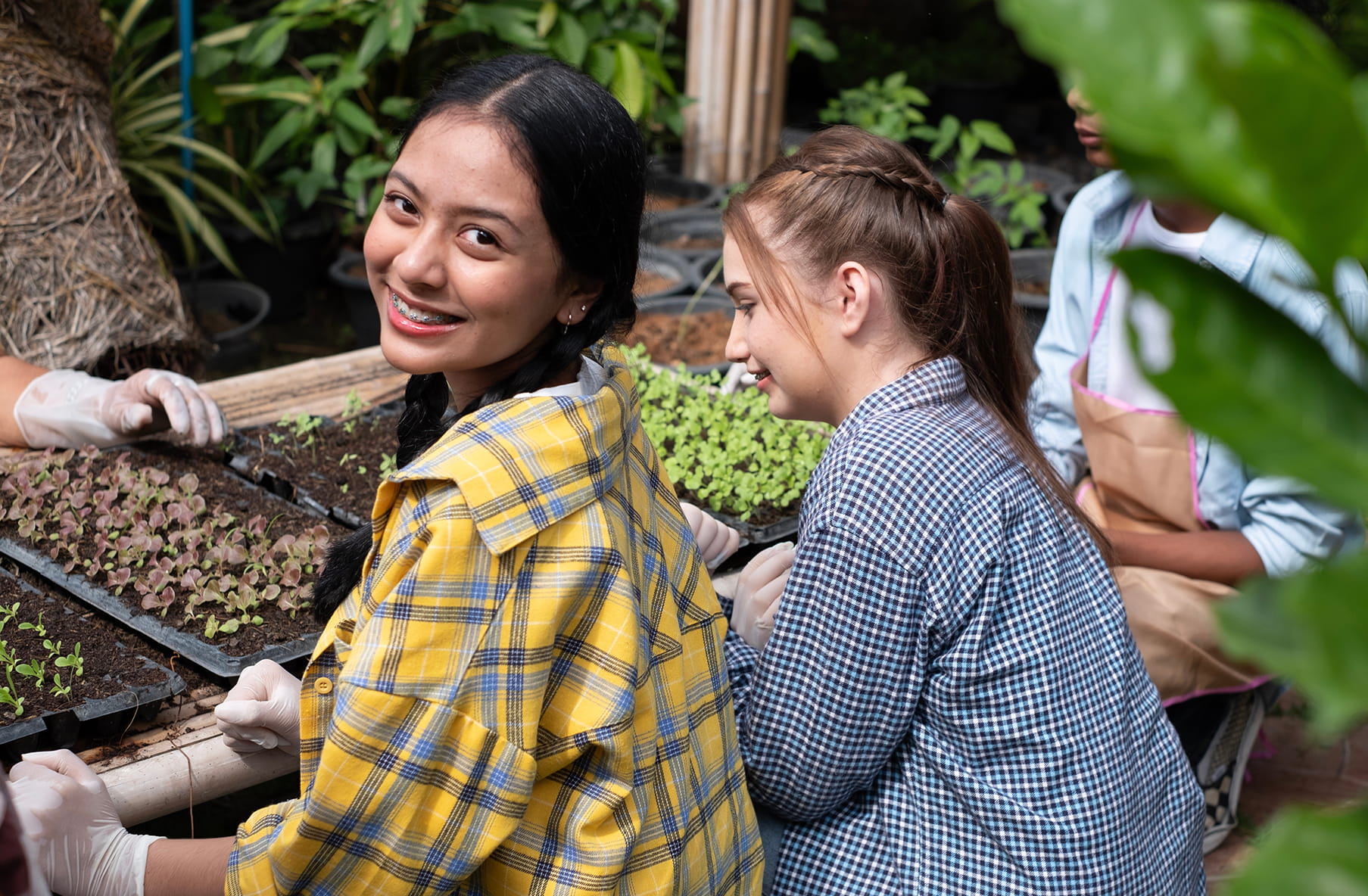As climate challenges intensify, students across South Asia and the East Asia; Pacific regions are stepping up with bold solutions to promote sustainable development in their communities. From solar-powered schools to waste-to-energy systems, these young innovators are leading projects that address key environmental needs while empowering their communities to embrace sustainability.
The 2025 Zayed Sustainability Prize has recognised these efforts, highlighting finalists whose initiatives in clean energy, sustainable agriculture, and waste management are set to make a significant impact. Here, we introduce six schools from South Asia and East Asia and Pacific, each embodying the Prize’s mission to empower youth as sustainability leaders.
South Asia Finalists
Faafu Atoll Education Centre in the Maldives proposes to install solar panels to power its campus. The generated renewable energy will reduce the community’s reliance on diesel, decreasing carbon emissions while empowering a culture of clean energy practices among students and locals.
Girls Higher Secondary School Khaplu in Pakistan aims to empower young women through sustainable agriculture. Their project involves cultivating crops that conserve water, a vital resource in their arid region. Students will gain hands-on experience in sustainable farming practices, helping the school and community build climate resilience.
Janamaitri Multiple Campus in Nepal plans to establish a waste management system that converts organic waste into biogas. This project will reduce waste, provide a renewable energy source, and serve as a learning model for students and community members about sustainable waste practices.
East Asia & Pacific Finalists
Beijing World Youth Academy in China has proposed a “Waste Magician” project that focuses on transforming food waste into organic compost. Students will learn the principles of sustainable waste management, reducing the school’s waste footprint and promoting soil health by using compost to grow food.
Te Pā o Rākaihautū in New Zealand has developed a “Puku Māra” project introduces an indigenous biocultural food system. Through sustainable gardening techniques, students aim to restore soil health, reduce waste and grow local produce, reconnecting with traditional Maori ecological knowledge and traditions.
Votualevu College in Fiji plans to introduce mushroom cultivation using Juncao grass technology to improve food security. This nutrient-rich food source will address malnutrition while offering students valuable agricultural skills, supporting local food needs and providing sustainable income opportunities.
These remarkable schools exemplify the Prize’s mission to empower young people with the tools and resources to lead their schools toward a sustainable future and to spark real, tangible change in their communities.
On 14 January 2025, the winners will be announced. Stay tuned to see which school projects take home the Prize.

